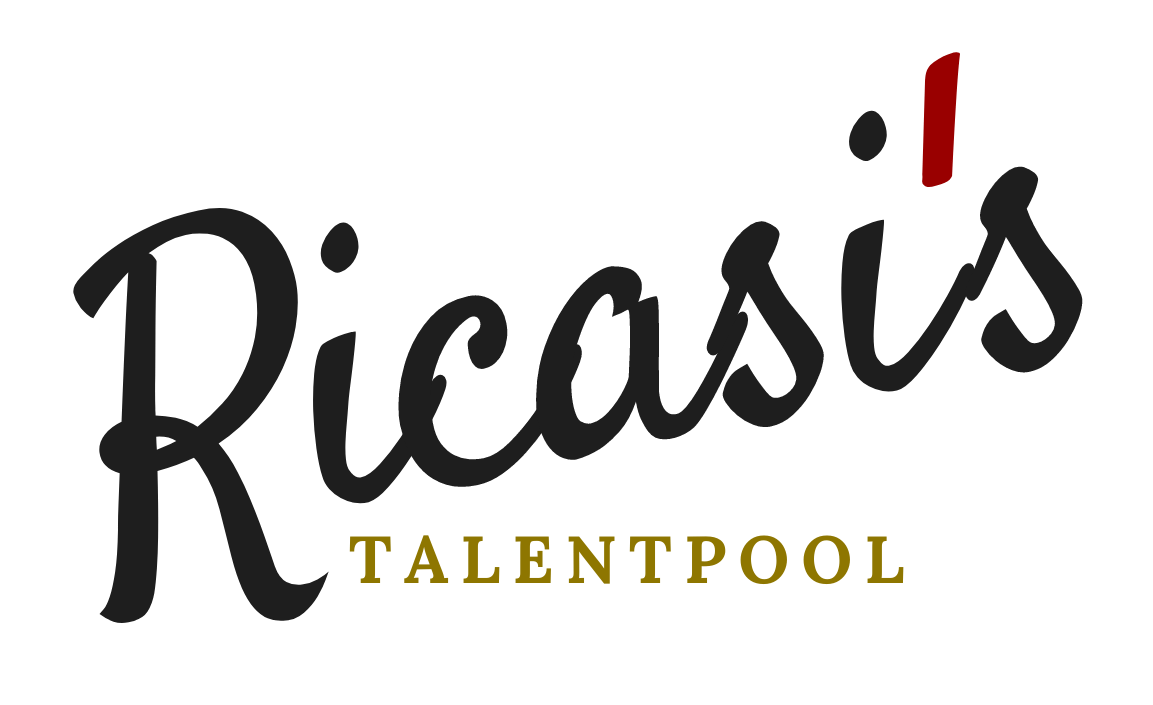ABOUT ILRI
The International Livestock Research Institute (ILRI) works for better lives through livestock in developing countries. ILRI is co-hosted by Kenya and Ethiopia, has 14 offices across Asia and Africa, employs some 700 staff and has an annual operating budget of about USD80 million.
ILRI is a CGIAR research centre, a global research partnership for a food-secure future. CGIAR science is dedicated to reducing poverty, enhancing food and nutrition security, and improving natural resources and ecosystem services. Its research is carried out by 15 CGIAR centres in close collaboration with hundreds of partners, including national and regional research institutes, civil society organizations, academia, development organizations and the private sector. www.cgiar.org
VISION, MISSION AND STRATEGY
ILRI envisions a world where all people have access to enough food and livelihood options to fulfil their potential.
ILRI’s mission is to improve food and nutritional security and to reduce poverty in developing countries through research for efficient, safe and sustainable use of livestock—ensuring better lives through livestock.
ILRI’s strategy 2013–2022 was approved in December 2012. It emerged from a wide process of consultation and engagement.
ILRI’s strategic objectives
- With partners, to develop, test, adapt and promote science-based practices that—being sustainable and scalable—achieve better lives through livestock.
- With partners, to provide compelling scientific evidence in ways that persuade decision makers—from farms to boardrooms and parliaments—that smarter policies and bigger livestock investments can deliver significant socio-economic, health and environmental dividends to both poor nations and households.
- With partners, to increase capacity among ILRI’s key stakeholders to make better use of livestock science and investments for better lives through livestock.
ILRI’s second 10-year strategy incorporates a number of changes, many based on learning from the previous strategy (2000–10, initially produced in 2000 and modified in 2002), an interim strategy (2011–12) and an assessment of the external and internal environments in which the institute operates.

